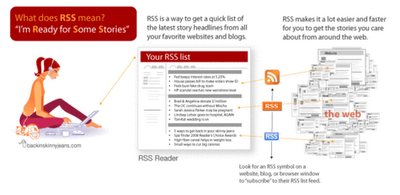When a reporter is immoral or dissolute or prostitutes their trade, they deserve such just one epithet. The Scotland on Sunday reporter fits the bill well.
He writes:
CORPORATE social responsibility (CSR) may at one stage have been little more than a public relations exercise for a good section of corporates. Today, however, it is central to how many leading-edge companies do business.
Is it, I ask, moral to be the user of information from Public Relations people and yet call what they do as 'no more than an exercise'?
In the article he even reports what Public Relations people say and called them to get more information. There is no restraints in his use of the work of people who only do this as 'no more than an exercise'. The service is in one moment worthless and at another accepted as part of his work. Indeed, it s the primary route by which information is derived for the article.
Is this the proper conduct of a journalist in seeking the truth. Is the checking of fact so evidently outside the influence of despised pariah Public Relations?
Even more improper is his passing reference to the identification of publics without proper investigation of the truths and sciences behind them.
He airily notes that
In broad terms, CSR reporting is generally seen as having four facets or "impact areas" across which companies measure themselves. These are the marketplace, the workplace, the environment and the community.
His view is partial, Fredmanseque and lacks any depth, an unrestrained blurting opinion, based on peripheral knowledge of a dissipated who has lost any sense of journalistic rectitude.
Just spin then!

